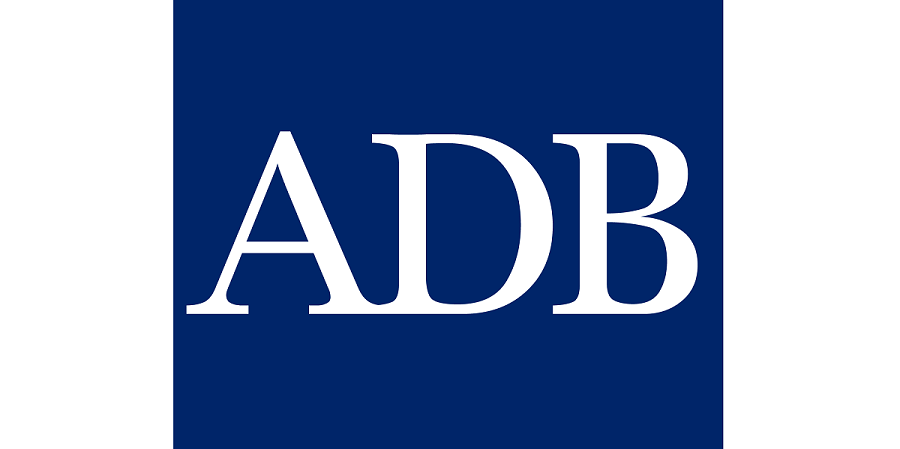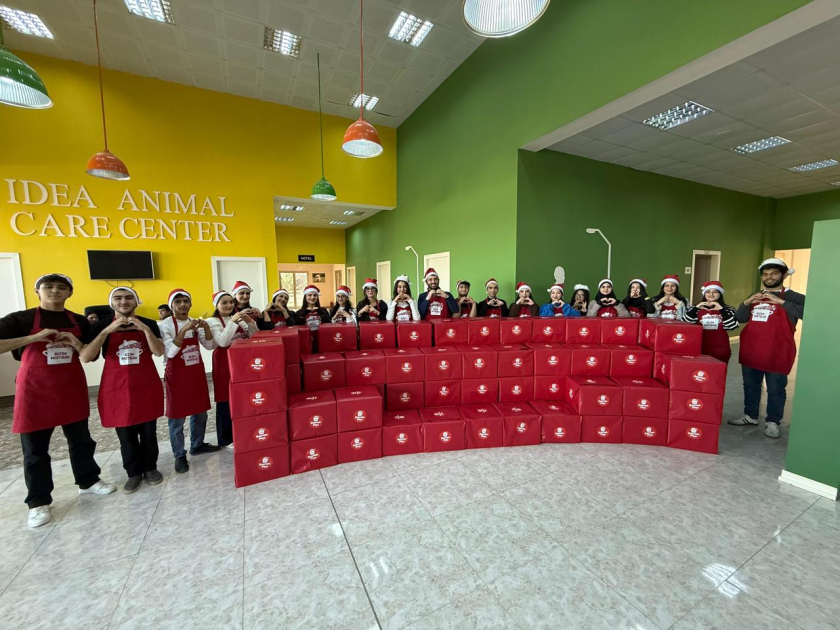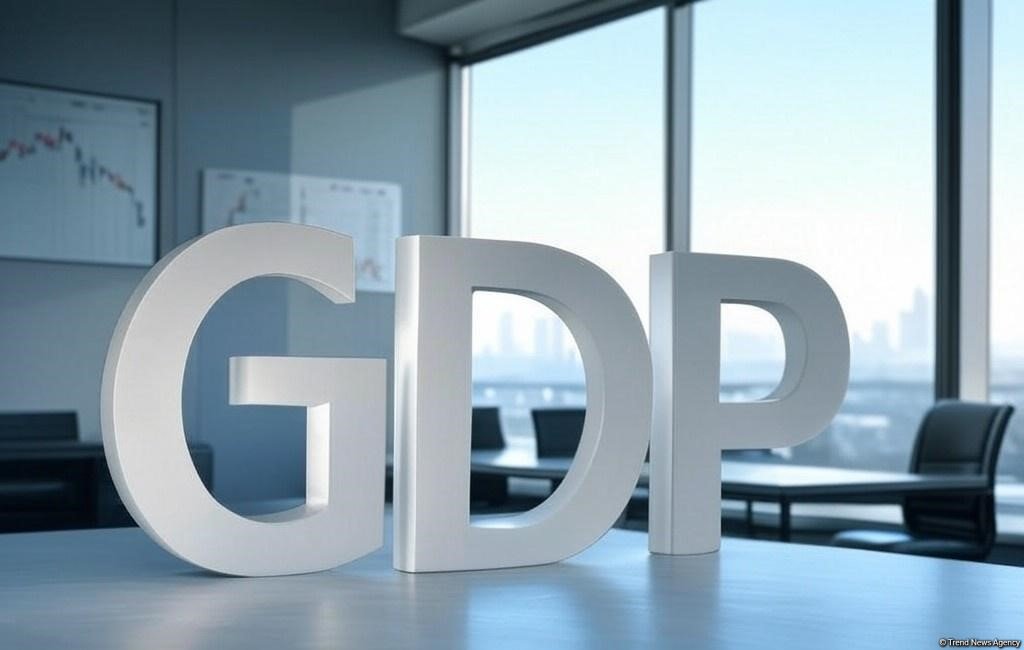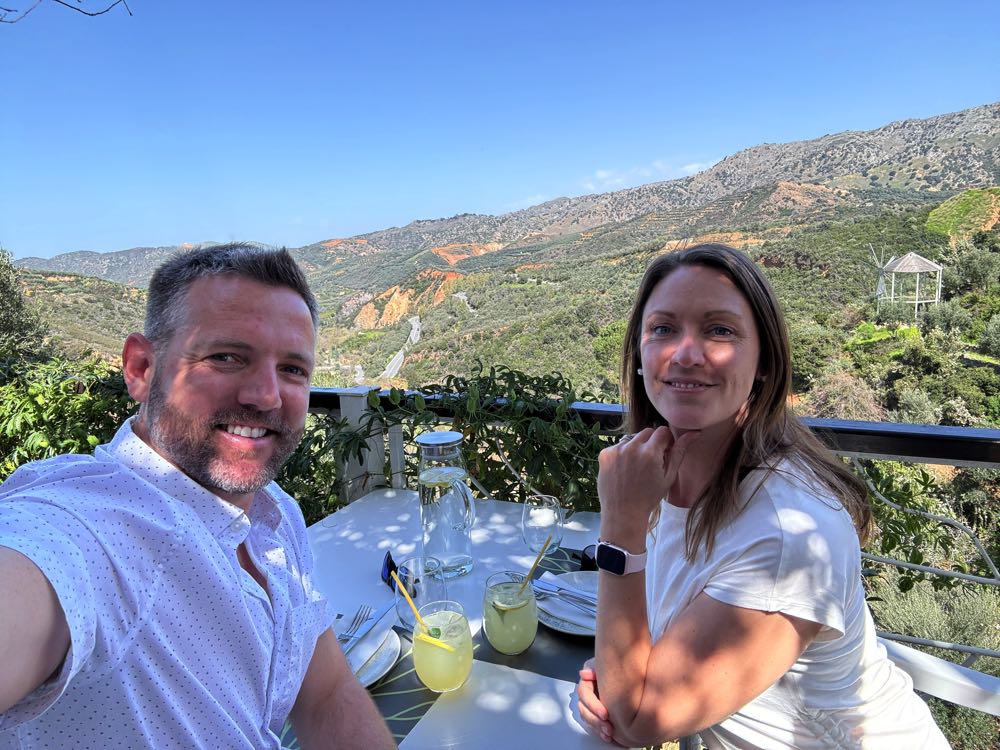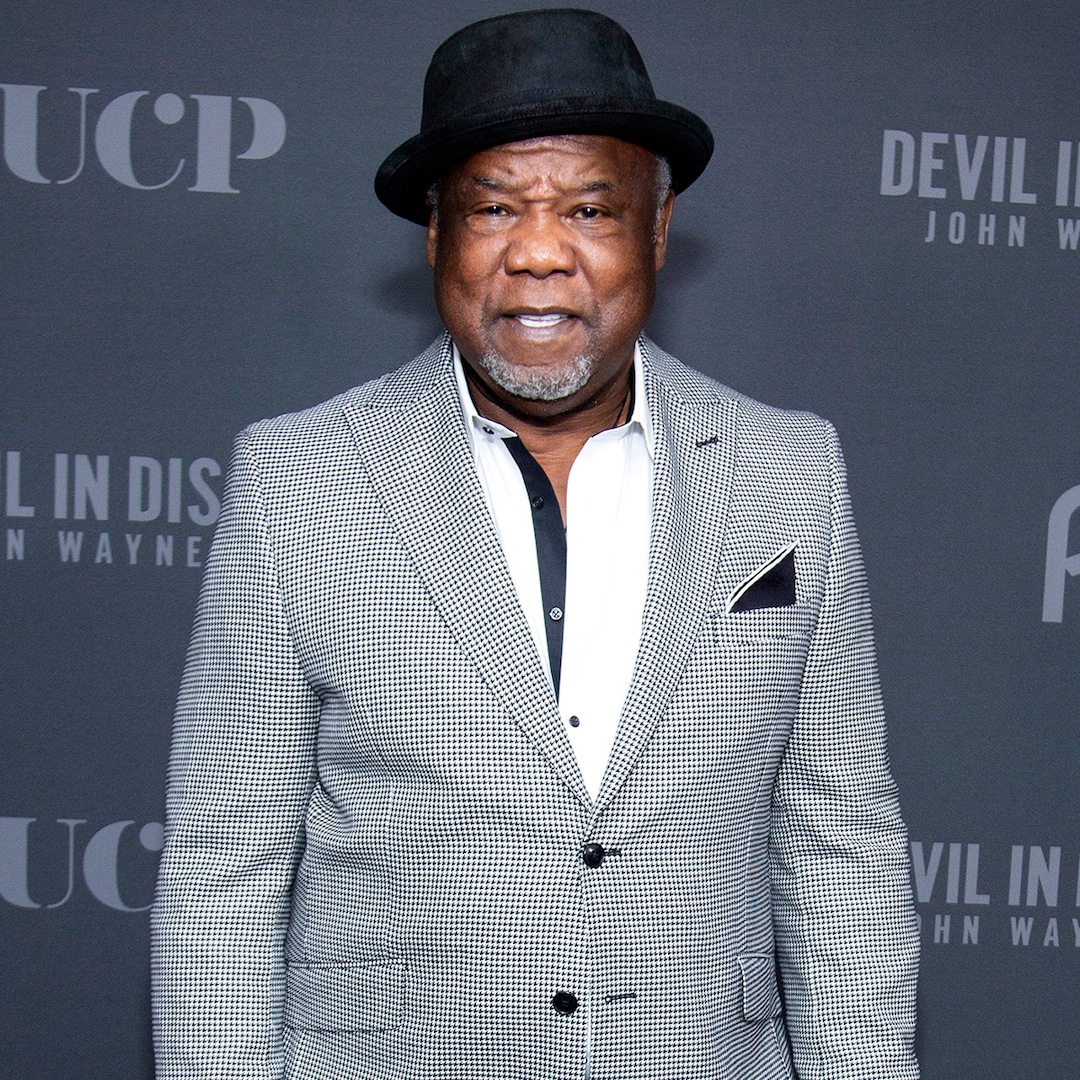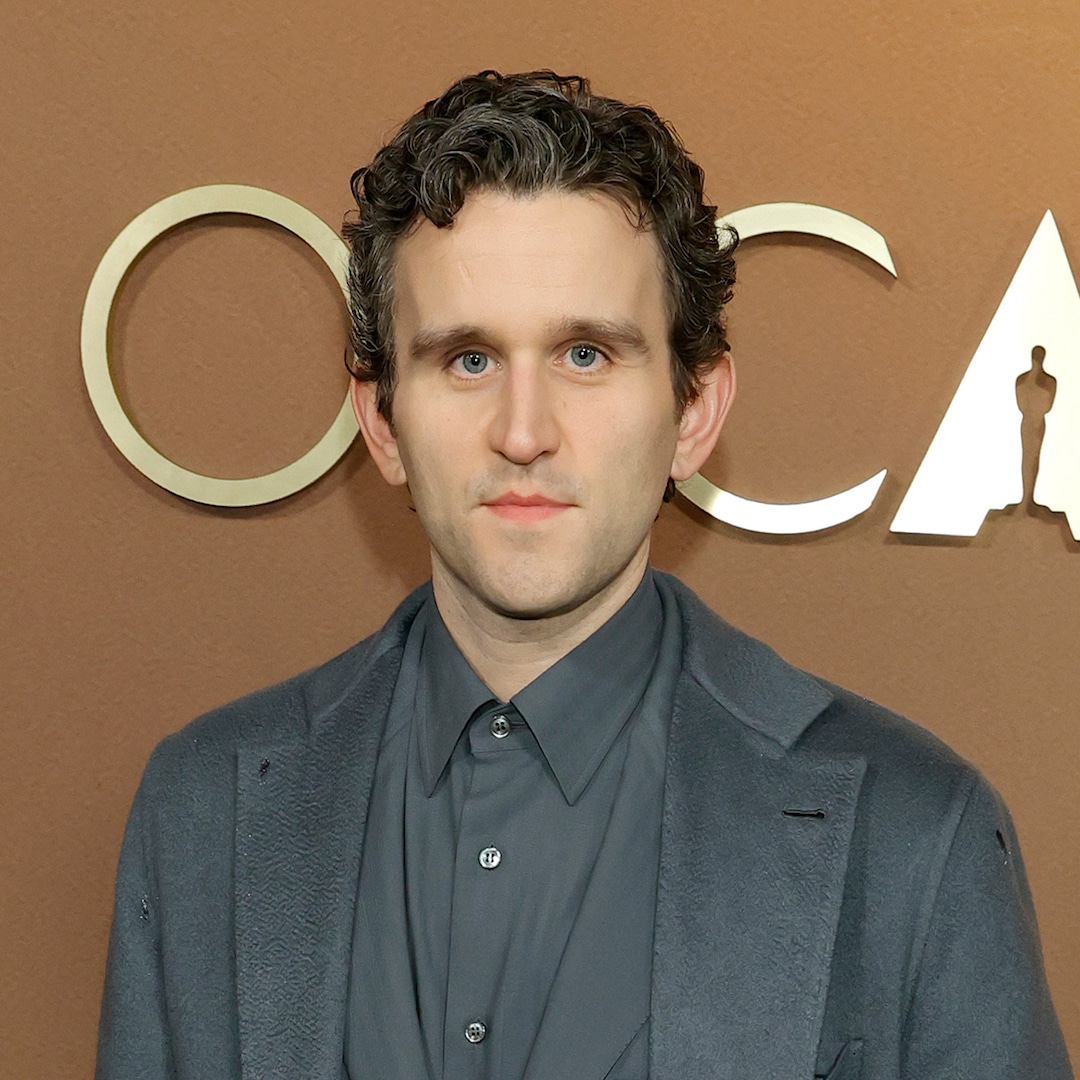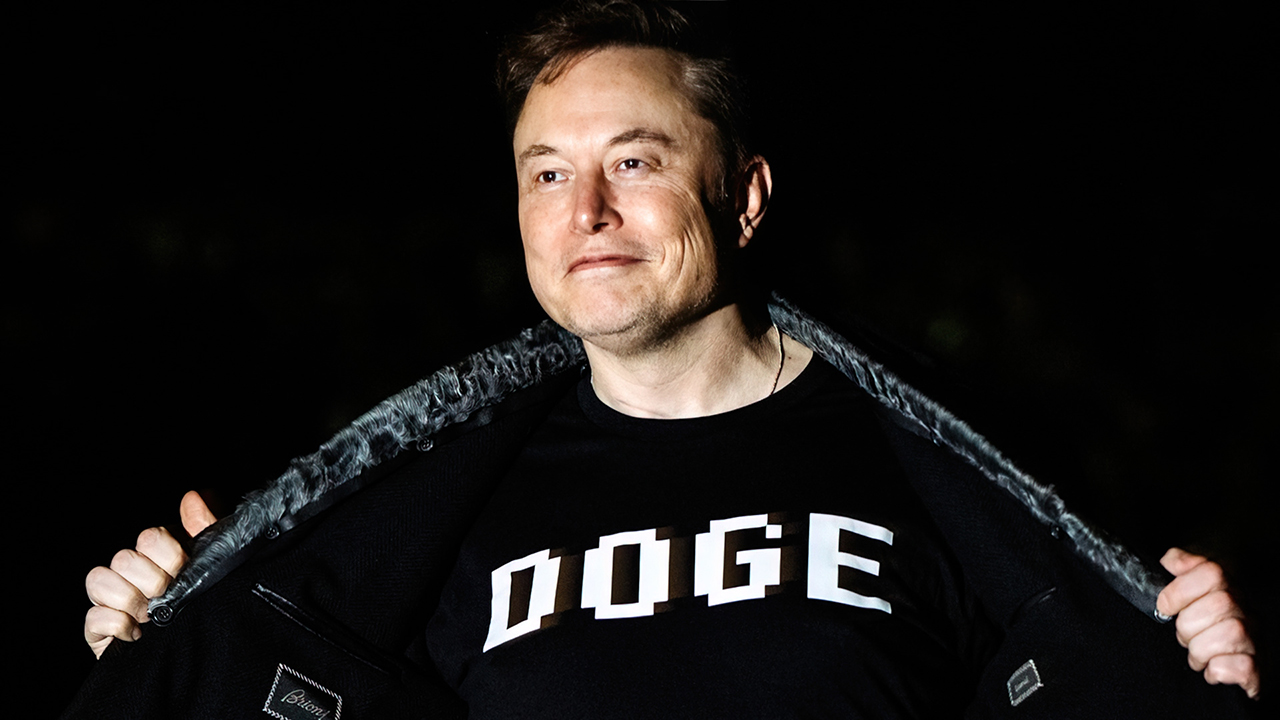Brandon Dawson, Precision Human Optimization Innovator, Talks to EBM


Every year at graduation, American high schoolers regale one another with stories, quotes, and reflections for the future. For Brandon Dawson, his peers voted him ‘least likely to succeed’ after leaving school.
He would later become a multi-millionaire business owner and wellness innovator, with $2 Billion + worth of business under management.
Take one of Brandon’s companies, 10X Health System, which has seeped into the fabric of the American cultural consciousness, finding viral fame on Hulu’s The Kardashians, with Hailey Bieber extolling the health virtues of Brandon’s 10X Health anti-ageing product to Kendall Jenner, with near fountain-of-youth-fervor.
Other accolades attributed to Dawson are philanthropist, business scaling coach, real estate investor, author, Building Billions podcast host, and CEO of Cardone Ventures.
EBM caught up with Brandon Dawson to talk about his unlikely beginnings, scaling companies, and the importance of resilience in business as an antidote to failure. Originally from the Pacific Northwest, Brandon now lives in Scottsdale, Arizona and Miami where he resides between the two.
EBM: Brandon – you have gone from being described as the least likely to succeed in high school to becoming one of the youngest people ever to ring the American Stock Exchange Bell in New York at the age of 29, listing Sonus Corporation – the 1st consolidation hearing aid company. Under your leadership, Sonus acquired and consolidated 136 businesses before being sold for £38.4 million.
You built and sold your last business Audigy Group in 2016 for $151 million to GN ReSound (OTCMKTS: GNNDY) – 77xEBITA. As part of this sale, you wired approximately $38 million to your employees. This was the first of its kind decentralized ownership structure which provided liquidity to members who held special ownership shares – resulting in an amazing payday for your employees.
You now are business partners with real estate mogul and international social media star Grant Cardone. Alongside your wife, fellow entrepreneur Natalie Dawson, and Grant, you are all founders of Cardone Ventures – a consulting firm that teaches small business owners how to scale. Cardone Ventures is incredibly successful – worth more than $500 million, your team has also managed $9+ billion within 6 years of business. You have hosted over 500 events and served almost 35,000 clients to date.
How did that early label in high school shape your drive? Tell us about how you started your journey from working on your family’s walnut orchard in Oregon to moving to New York to sell your first business on Wall Street at 29 years old?
BD: Whilst I was in high school in Oregon, I worked on my family’s walnut farm, and I washed dishes in a restaurant. I always felt I needed to get out of the little town I lived and I always dreamed of going to New York one day and doing something on Wall Street.
After high school at 19 years old, I moved to Atlanta, Georgia to sell hearing aids. I learned how to find my way around and how to communicate with medical doctors. These constant conversations and sales pitches taught me how to come across in a more sophisticated way. By the time I was 22, I had moved from Georgia to Minnesota, and I was running an inside sales team.
I was always a high achiever making a lot of money and I’d sit around the table with older people in the business, and I’d be making as much as them. I realized that there was a cap on my earnings if I stayed in sales at the hearing aid company. I decided to go and do something that allowed me to flourish and prosper without being stuck in a company. That was when I launched my first business idea.
At 26, I started my first company called Sonus Corporation – the first consolidator in the hearing aid industry.
EBM: You listed your first business Sonus Corporation at the age of 29 years old on the American Stock Exchange in New York. What was that like?
BD: All of a sudden at the age of 26/27, I was raising money in New York, and I took my first company Sonus public at the age of 29. I acquired 136 businesses. I built a $70 million company. I had overshot in my private equity group, and they sold it out from underneath me for $38.4 million.
It happened right around 9-11, so there was a lot going on. I decided I’d start over and create my own strategy for how to acquire businesses or consolidate businesses — create an operating engine. And then I decided if I could figure it out for myself, I could then teach other people to do what I did. And I did just that.
I built the 1st prototype for a hearing, allergy, and medical company called Audigy Group from 2005 to 2016. I built the first decentralized, democratized shared equity collaboration structure in healthcare and I sold it to a Danish public company for one of the highest values I ever sold a business for – I exited in 2016 for $151 Million – 77x EBITA.
EBM: You mentioned that the private equity group sold your 1st business Sonus Corporation out from underneath you. Do you want to discuss that?
BD: Sure, Sonus was sold right about the time we were getting ready to become profitable. In 2001, we became profitable and were getting ready to grow. At the time, I was part of a multi-billion-dollar portfolio. When the private equity group dispersed the equity to the limited partners, it was worth $6.8 billion, but the partners kept a group of businesses. One was mine.
After September 11th happened, the equity group decided to sell the businesses quickly off for cash. They listed my business in September and sold it in February. They just wanted to convert everything to cash, and I was one of the casualties.
I’d say that it was more of a sign of the times than it was the private equity group doing anything to me. It just disrupted everything I was building. We were getting ready to dominate the world and I had spent seven years building everything and the equity group sold my business to an Italian firm.
EBM: It must have been quite dark days in a way, wasn’t it?
BD: Yeah, there were a couple of years of kicking tires and being pissed off. Luckily, I had amazing mentors such as Hector LaMarque who recommended that I take what I learned: the good, the bad, the ugly, and create something new.
I put my head down to create a different business model that I could control which nobody could take away from me. Then I had the idea if I could figure that out for myself, then I could help other people do it too.
EBM: It’s a lot more complex and complicated than that, right?
BD: It was much more complex. I had so much success, even when I was told that the business models that I had in mind wouldn’t work. From 2008 to 2012 I was in the Fortune 500 and on the Inc 500 5,000 list of fasting growing private companies seven times. From 2011-2013, I was a regional finalist for the Ernst & Young Entrepreneur of the Year Awards.
I hired a research team to understand all the different industries that were small businesses and how I could create a portfolio of thousands of little businesses. We did that work for three years, which gave me the idea to do what I’m doing today at Cardone Ventures – teaching small independent business owners how to scale.
When I sold Audigy Group in 2016, I hired another research firm, and I told them to go back and refresh everything and study all the work we did. With this extensive research, I created the successful operating engine I have today.
In 2019, I launched Cardone Ventures with my wife, fellow entrepreneur Natalie Dawson, and real estate mogul Grant Cardone.
EBM: Your business 10X Health System has a forward-thinking mission to create the most precise health system for the optimum human being. Under your scaling expertise, 10X Health has expanded rapidly and has the most excellent health systems available in 46 countries around the world including the UK with REVIV. Most recently, 10X Health was featured in The National newspaper for its expansion into the UAE.
The 10X Health goal is not just to provide preventive and reactive healthcare but to integrate precise health systems into the daily lives of humans to make sure they have the best most excellent health in place BEFORE any health issues arise. How do you think this innovate approach to health will shape the wellness industry? How important is quality of life as well as longevity?
BD: I have been in healthcare for 30 years and most of it is reactive. There is also intervention in health care but there isn’t a strong focus on wellness and longevity in front of that.
Our goal is to help optimize people’s health before they’re sick by making sure their body has the natural things that we lose as we age. If we can make sure the body has what it naturally needs, people won’t get sick. I view the health, longevity, and wellness space as being wide open.
I researched healthcare companies whose goals were to offer precision food and precision medicine by 2035. I wanted to pull this date forward and offer top precision health now to people.
We started 10x Health three and a half years ago. We bought a $1.8 million business. We put the 10X magic behind it and we put my scaling expertise behind it. We grew this small business from $1.8 million to $25 million to $75 million to $120 million. Now, we are launching globally because I did a deal with a UK company called REVIV.
We are now the majority owner of REVIV and together we set up a joint venture to go to 46 countries.
10X Health defines and maintains your personalized optimal health markers. 10X Health offers a 1-time genetic test, blood tests, precision supplements, precision food, and precision skincare. We have precision IVs so that you can augment your body with stuff instantaneously based on your genetics and based on your blood. We have more excellent health-focused products coming out based on genetics and blood.
Everywhere you look, it seems the health & wellness market is gaining in popularity and expanding. We want to give people control of their health with a personalized health service that is tailored to individual genetics and blood.
10X Health System just released an app. In real-time, we can see and manage your daily health with precision supplements, precision food, and precision IVs. You can connect to a wearable that is linked to an AI Health Coach.
We can manage and maintain your markers in real time, to optimize you as a human being. And that’s really what we want to be the frontrunner on: connecting eight billion people in real-time: the human optimist.
EBM: With your 10X Health System app, how can one download it?
BD: If you are on an iPhone, you can go to the app store and download the 10X Health System app right now. It will soon be on Android.
EBM: Where do you see the biggest mistake most entrepreneurs make when trying to scale? What’s your business scaling approach to avoiding it?
BD: There are different places where you have to have competencies and skill sets, and there are natural break points in business. Statistically, 97% of businesses fail between start-up and $100 million. And the reason that number is so big and so few succeed is just the complexity of getting big. Only 9% of businesses are making over $1 million. If they are small businesses, the difficulty is in getting big and hiring people.
83% of business owners started their business because they were good at something. These business owners get so focused on doing what they are good at that they don’t realize that, once that works, it’s who you do it with and how you do it that can allow you to get big. They don’t know who to collaborate with and how. So, they defer to other people.
Business owners delegate to people and hope they figure it out. And then it doesn’t work because a lot of those people are friends and family with which they won’t hold them accountable.
They abdicate versus delegate. And then they get pissed off and sit with all these emotional cycles and high emotions. What happens is they trap themselves between people and can’t see how to manage beyond that. And they don’t know how to hold people accountable. The business over the long term stagnates, suffers, and eventually goes into decline.
EBM: Would you say that it is due to a lack of awareness in start-ups?
BD: Building a business is not a natural thing. The way that you build a business is through context and contrast. You’re not going to go through explosive growth straight away as you don’t have context and contrast.
All you end up with is a handful of people that you’re trying to manage around, where you might have personal relationships with a lot of them. It’s very difficult when your kids and your spouses, and cousins, and your best friend from football are all in the business and it’s not performing. It’s not intuitive to how to make a business work.
They fixate on the delivery of what they do, but that will only take you so far because who you do it with and how you do it is the thing that’s going to propel the business forward.
If business owners only focus on the delivery of what they do, they don’t build their leadership skills or strategic ability. With this limited mindset, they start focusing on what’s wrong. And once you focus on what’s wrong, all you can see is what’s wrong. And you stop asking questions.
Two specific things stick out to an entrepreneur: the lack of curiosity and the lack of awareness. What gets them into trouble is ignorance or arrogance. And what happens with these emotions: they either think they’ve figured it out, they’re going to anchor in and stick where they’re at because they’re trying to control things; or they’re entirely ignorant about how to do it.
And they defer and deflect to everybody else and then they go to what’s called polling, asking everyone. And they’re asking all the wrong people. Where there’s confusion, there’s always failure. If you’re creating confusion for yourself and everyone else, then you have no other place to go but failure.
EBM: We have a TV program here in Britain called Dragons Den – it’s hugely popular. Countless entrepreneurs go on the show, where a professional panel of ‘Dragons’ who are experts in different fields invest their own money into entrepreneurs whose businesses have the potential to scale and succeed. What’s interesting is seeing how much the successful entrepreneurs scaled the contestants’ businesses. Without the expertise and industry-specific knowledge of the ‘Dragons’, how far would they have gone?
BD: That’s why I say who you do it with and how you do it is important in start-up business. Once the thing that you’re doing works, who you do it with and how you do it is going to make all the difference because those are all the areas you don’t have any expertise in.
EBM: Cardone Ventures has become one of the world’s largest private business consulting firms in the small business space. How did you become business partners with Grant Cardone?
BD: After I sold Audigy Group in 2016, my wife Natalie and I had a huge amount of research for how to build a successful business model. I built the prototypes of how to start, grow, scale, optimize, and eventually exit the business. What I didn’t know how to do was how to go to the market super-fast.
My wife and I found one of the largest, most successful business and real estate influencers with a great following, Grant Cardone.
In 2019, I approached Grant Cardone and offered his audience a solution he didn’t have, which was all the business scaling expertise. My wife Natalie and I became partners with Grant Cardone and formed Cardone Ventures.
EBM: Why was your collaboration with Grant Cardone so successful?
BD: Collaboration is the new currency. It’s more important than doing anything by yourself. If you go to the right people and you have the right offering and a lot of value, you can both scale significantly.
There is just no way to achieve everything by yourself.
EBM: Is there anything that really stood out from working with your mentors and alongside high-profile people?
BD: My mentors have built multi-billion-dollar companies, and my business partner Grant Cardone is very successful. I study successful people and I’ve been doing this now for 20 years.
The likes of John Maxwell, when it comes to leadership; Dr. John Collins when it comes to business and scaling and why businesses fail; Sharon Lechter (co-author Rich Dad Poor Dad books) on the cash flow quadrants. I study authors and I study business owners: Dick Heckman, who built United States Filter Corp; Bill Austin, who built Starkey Hearing Technologies.
I studied these players, I got to know them, I saw how they operated, and I watched the things they did. I just created my own business system where I brought the principles down to the small business owners because no one else was doing it.
The small business space in the US is 45% of the economy. It hires almost 50% of the workforce and it is a $16 trillion market. That’s only represented as less than 8% on the stock market. I saw a massive pool, trillions of dollars of non-organised, non-valued revenue that I could organize, structure, and add value to.
EBM: You have read a lot of books by successful entrepreneurs. You have also worked alongside successful businesspeople in different industries – from healthcare to real estate. Currently, you have led hundreds of talks and seminars, and you coach small business leaders how to become a success. What do you think you learned about success from reading, working, and coaching? What qualities does it take to become successful in business?
BD: Success takes DOING. Throughout my career, I have made hundreds and hundreds of presentations, and I have been told no over and over and over. I bought 136 businesses between 26 and 31 years old. I raised money in four equity transactions, I raised $30 million.
The top three things you need to be a successful business owner is resilience, perseverance, and patience. You’re going to have more failures and be told no more than any other thing in your life. If you can’t handle failure and rejection and if you can’t maintain a high presence and a low emotional equation, you will get pulled off target and you will give up.
There are 33.5 million small to mid-sized business owners just in the United States alone. 25 million have worked by themselves out of their house. Six million of them are trying to get big and they’re putting the time, energy, and effort in.
They just don’t know what they’re doing. It becomes a lack of work-life balance because they’re frustrated. If you’re building and you’re not frustrated, then you have a work-life balance because you love what you’re doing, and it’s working.
When you’re doing something that you love doing but it’s not working, you no longer have a work-life balance. It’s the practical application of frustration that causes people to pull away from the target and feel like they don’t have work-life balance because anybody I’ve ever met that’s killing it, crushing it, they figured out how to integrate their family into their business.
They figured out how to integrate their personal aspirations into their business and they love life because they have a full picture of what they want to do, so they set their targets.
They set their personal targets, their professional targets, and their financial targets and they go get them. And it’s the accomplishment of the targets that creates the enthusiasm for life. But if you’re frustrated, and you’re pissed off, and you’re disappointed, and you’re afraid, there’s no amount of anything you can do that makes you happy.
So really, there’s only one way to get happy: to set your targets and get success, plus stay focused on your goals, and bring people along with you. And if you can’t do that, you’re not going to be happy. It’s not that there is an issue, it’s a lack of understanding in how to do it.
EBM: When Business Insider came along, what did you think of their business? Why do you think they were so successful?
BD: The reason Business Insider did so well is they were great at promotion. They were able to convert that to revenue sources because it drew attention. Companies wanted to advertise on their platform.
Business Insider wanted to monetize and increase the vehicle for acceleration and velocity, so that other people could be involved. And that’s how you create something big.
The number one thing you have to become great at in order to build a big business is promotion. If you don’t understand promotion, you’re never going to get big. Now, to contrast that, most people start their business because they’re good at something, like technically good at something, but they don’t understand promotion.
The second thing you have to be able to do to get big is conversion. You need to be able to promote and then convert it into revenue. When you convert it into revenue, you need to be able to deliver it. As you deliver it, you need to add more people who understand how to promote, convert, deliver, and that’s where business creates velocity.
When you apply strategy to velocity, and you can teach people how to promote, convert, deliver, and you can add more people, and you get your finances right, this is where scalability comes into business.
Businesses that explode and scale are due to somebody who understands, with context, the purpose of everything they’re doing, and they duplicate through everyone doing it.
Written by Nick
The post Brandon Dawson, Precision Human Optimization Innovator, Talks to EBM appeared first on European Business & Finance Magazine.


